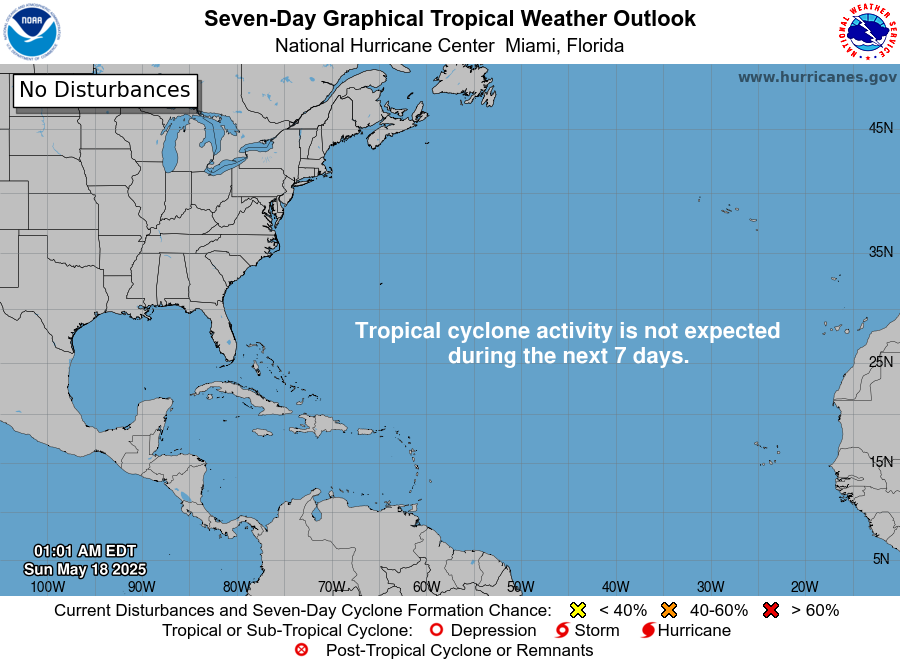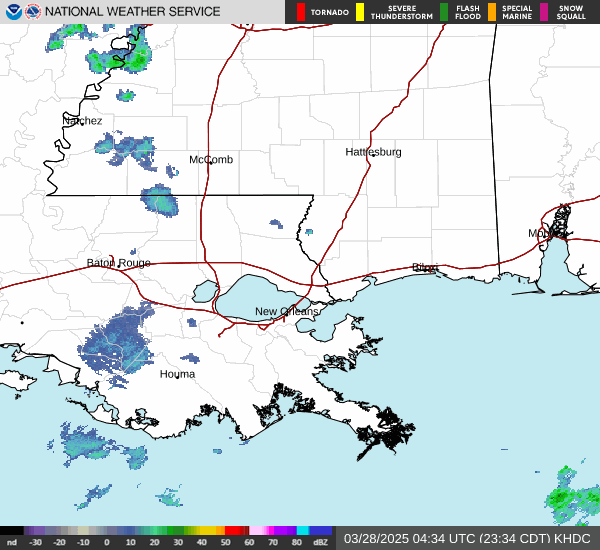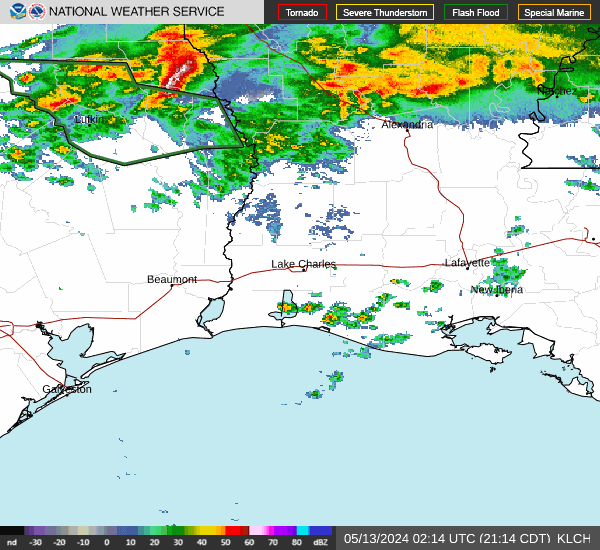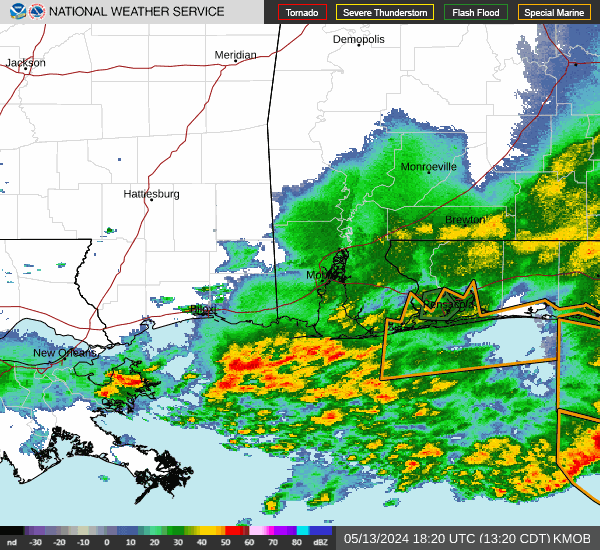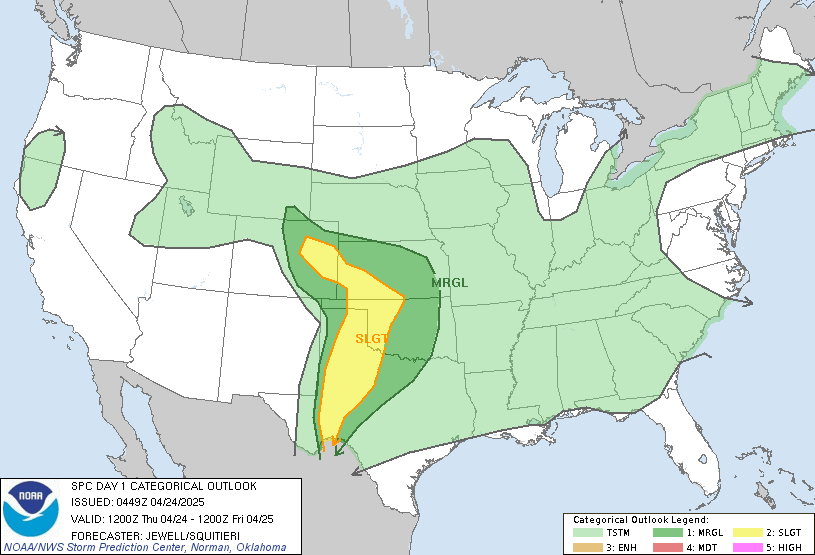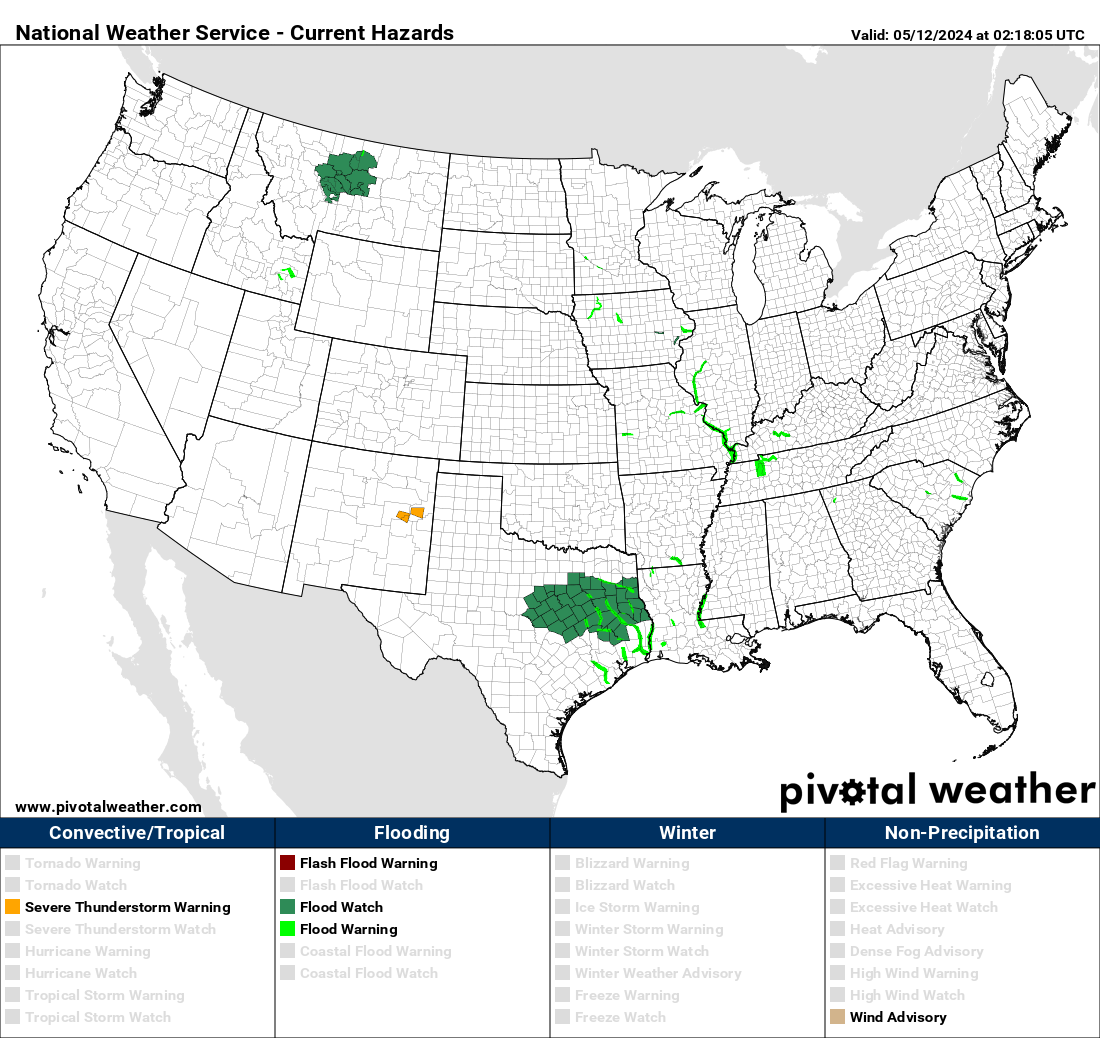Post by marshwarden on Aug 31, 2008 19:19:32 GMT -6
MSNBC News Services
updated 2 hours, 59 minutes ago
HAVANA - Cubans returned from shelters to find flooded homes and washed-out roads Sunday, but no deaths were reported after a monstrous Hurricane Gustav roared across the island and into the oil-rich Gulf of Mexico.
Gustav hit the Isla de la Juventud south of the Cuban mainland with screaming 140 mph winds that toppled telephone poles and fruit trees, shattered windows and leveled some homes.
Authorities evacuated 250,000 residents nationwide. In Pinar del Rio, the western tobacco-producing region, highways were blocked by fallen trees and downed power lines, and all public transportation ground to a halt.
Officials measured gusts of 212 mph in the western town of Paso Real del San Diego — a new national record for maximum wind speed in a country often hit by major hurricanes, said Miguel Angel Hernandez of the Cuban Institute of Meteorology.
Like a bomb's 'blast wave'
A Cuban television reporter on the Isla de la Juventud said the storm had felt like "the blast wave from a bomb."
"Buildings without windows, without doors," he said. "Few trees remain standing."
Cuban Civil defense chief Ana Isa Delgado said there were "many people injured" on the Isla de la Juventud, an island of 87,000 people whose name means Isle of Youth. Nearly all of its roads were washed out, and some regions were heavily flooded.
"It's been very difficult here," she said on state television.
Gustav earlier killed 94 people by triggering floods and landslides in Haiti, the Dominican Republic and Jamaica. Jamaica on Sunday raised Gustav’s death toll there to 10 from seven, and Haiti upped its count from 66 to 76.
But in Cuba, which has a strong reputation for evacuating ahead of hurricanes, none of the reported injuries were life-threatening.
Knee-deep water in places
In the Cuban fishing town of Batabano, 31 miles south of Havana, evacuees with children and dogs in tow returned to their pastel-colored, wooden homes to find many surrounded by knee-deep water.
Gustav turns New Orleans into ghost town
Cuba digs out after Gustav's record winds
NBC Field Notes from the Gulf Coast
Newsweek: Q&A with levee director
Rising from Ruin: Three years after Katrina
Clicked: How Gustov's playing out on the Web
Gulf oil platforms are shut down
New Orleans confident cops won't bolt
Retailers stock up to help in aftermath
Pets evacuated from New Orleans this times
Louisiana sports teams flee Gustav's path
FirstPerson: Send your photos, video
"My house is full of water," said Aldo Tomas, 43, pulling palm branches from his living room. "But we expected more. We expected worse."
In the town of Palacios, residents could be seen crying over the foundations of their homes or wandering around aimlessly.
“High tension towers were twisted and down, roofs blown off entire towns, schools destroyed and in Palacios even the baseball stadium’s walls were gone,” Reuters TV cameraman Heriberto Rodriguez said.
State television showed pictures of destroyed homes, submerged factories and boats lifted from their moorings and left in city streets.
The 800,000 residents of Pinar del Rio and the Isle of Youth remained without power on Sunday, as did many of the more than three million residents of adjoining Havana province and the capital.
Where Gustav’s eye hit nothing stood. Up to 100 miles to the east in Matanza, wind gusts downed trees and damaged buildings, telephone and electricity lines.
The city of Havana’s streets were littered with branches, shrubs, trees and light poles.
Wind and rains damaged banana plantations and other crops in Havana province, the capital’s bread basket.
Damage to recently harvested tobacco in Pinar del Rio was still being tallied.
updated 2 hours, 59 minutes ago
HAVANA - Cubans returned from shelters to find flooded homes and washed-out roads Sunday, but no deaths were reported after a monstrous Hurricane Gustav roared across the island and into the oil-rich Gulf of Mexico.
Gustav hit the Isla de la Juventud south of the Cuban mainland with screaming 140 mph winds that toppled telephone poles and fruit trees, shattered windows and leveled some homes.
Authorities evacuated 250,000 residents nationwide. In Pinar del Rio, the western tobacco-producing region, highways were blocked by fallen trees and downed power lines, and all public transportation ground to a halt.
Officials measured gusts of 212 mph in the western town of Paso Real del San Diego — a new national record for maximum wind speed in a country often hit by major hurricanes, said Miguel Angel Hernandez of the Cuban Institute of Meteorology.
Like a bomb's 'blast wave'
A Cuban television reporter on the Isla de la Juventud said the storm had felt like "the blast wave from a bomb."
"Buildings without windows, without doors," he said. "Few trees remain standing."
Cuban Civil defense chief Ana Isa Delgado said there were "many people injured" on the Isla de la Juventud, an island of 87,000 people whose name means Isle of Youth. Nearly all of its roads were washed out, and some regions were heavily flooded.
"It's been very difficult here," she said on state television.
Gustav earlier killed 94 people by triggering floods and landslides in Haiti, the Dominican Republic and Jamaica. Jamaica on Sunday raised Gustav’s death toll there to 10 from seven, and Haiti upped its count from 66 to 76.
But in Cuba, which has a strong reputation for evacuating ahead of hurricanes, none of the reported injuries were life-threatening.
Knee-deep water in places
In the Cuban fishing town of Batabano, 31 miles south of Havana, evacuees with children and dogs in tow returned to their pastel-colored, wooden homes to find many surrounded by knee-deep water.
Gustav turns New Orleans into ghost town
Cuba digs out after Gustav's record winds
NBC Field Notes from the Gulf Coast
Newsweek: Q&A with levee director
Rising from Ruin: Three years after Katrina
Clicked: How Gustov's playing out on the Web
Gulf oil platforms are shut down
New Orleans confident cops won't bolt
Retailers stock up to help in aftermath
Pets evacuated from New Orleans this times
Louisiana sports teams flee Gustav's path
FirstPerson: Send your photos, video
"My house is full of water," said Aldo Tomas, 43, pulling palm branches from his living room. "But we expected more. We expected worse."
In the town of Palacios, residents could be seen crying over the foundations of their homes or wandering around aimlessly.
“High tension towers were twisted and down, roofs blown off entire towns, schools destroyed and in Palacios even the baseball stadium’s walls were gone,” Reuters TV cameraman Heriberto Rodriguez said.
State television showed pictures of destroyed homes, submerged factories and boats lifted from their moorings and left in city streets.
The 800,000 residents of Pinar del Rio and the Isle of Youth remained without power on Sunday, as did many of the more than three million residents of adjoining Havana province and the capital.
Where Gustav’s eye hit nothing stood. Up to 100 miles to the east in Matanza, wind gusts downed trees and damaged buildings, telephone and electricity lines.
The city of Havana’s streets were littered with branches, shrubs, trees and light poles.
Wind and rains damaged banana plantations and other crops in Havana province, the capital’s bread basket.
Damage to recently harvested tobacco in Pinar del Rio was still being tallied.









